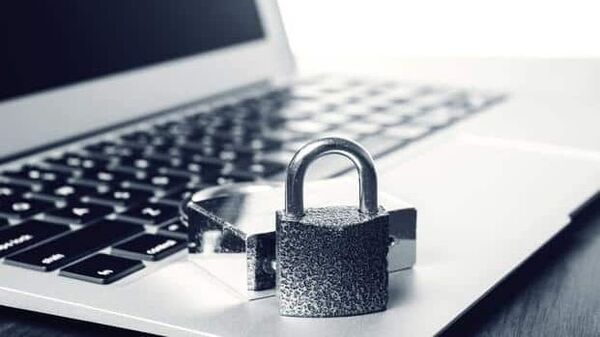Data protection on the Internet refers to the application of data protection to data transmitted over the Internet. It involves applying control over the type and amount of information that is shared about an individual on the Internet and who has access to that information. Internet Privacy is a subcategory of computer privacy.
As a rule, people have a right to self-determined anonymity on the Internet. Internet users can, for example, achieve adequate protection of their data by determining in a controlled manner what data they want to publish. IP address resolution, non-personally identifiable profiles, and similar information may be an acceptable compromise in order not to lose the convenience that could be lost in other cases when users use remedies to strictly prevent such data recordings. In this case, anonymity may be used to establish data protection – i.e. to use the Internet without giving third parties the opportunity to link personal data to the Internet user’s Internet activities. In order for an Internet user to keep their information private, they need to be careful about what they send and look up online. When he fills out forms or buys goods, this may be recorded, and because this information is not treated as private, companies can now send spam and advertisements about similar products to the Internet user.
It is more difficult to determine in which cases investigative journalism would violate an understandable expectation of privacy. As a result, journalists working for liable organizations are rethinking their approach to investigative journalism more than ever.
---
In today’s world, millions of people are at risk of data breaches. Companies are not only tasked with looking at which pages are visited by a web user, but also to obtain this information and send advertisements based on the pages visited. This is possible because many people have Facebook accounts and enter bank and credit card details on various websites.

People who are concerned about privacy on the Internet often list some privacy threats – events that may occur as a result of Internet use. The methods range from compiling user statistics to malicious actions such as the distribution of spyware or the use of exploits. Privacy measures are taken on various social networks. For example, on Facebook, there are privacy settings for registered users. The settings offered on Facebook include the ability to prevent certain people from viewing the Facebook user’s profile, the ability to set certain “friends” and the ability to restrict access to images and videos. Privacy settings are also offered on other social networks, such as MySpace. It is up to the user to decide which personal information should be disseminated via the Internet.
Nowadays, many people have digital cameras, mostly in smartphones, and publish their photos online. However, the people depicted may not want to be seen in these photos on the Internet. Some organizations are trying to respond to this privacy-related concern.
Post-privacy is a possible state of society in which privacy no longer exists and data protection no longer applies. With a loss of privacy, information about social contacts, political attitudes, personal worldview, information about financial problems or even information about health problems could easily be made public and could possibly also put a person under social pressure.